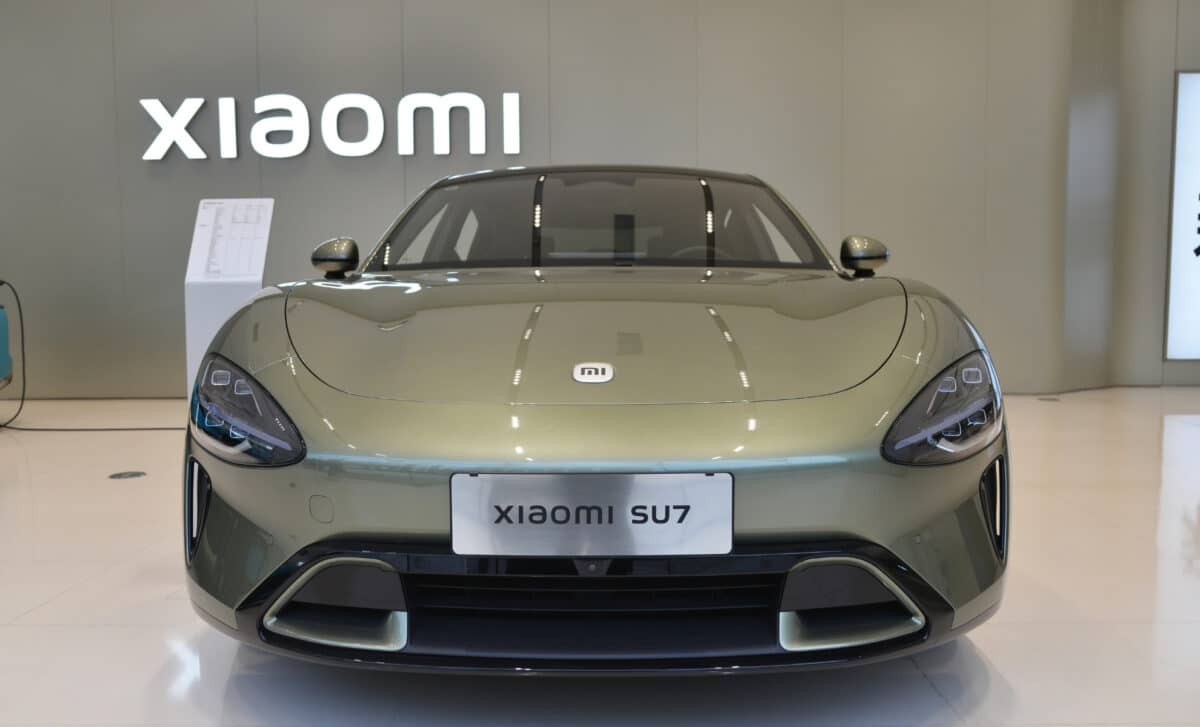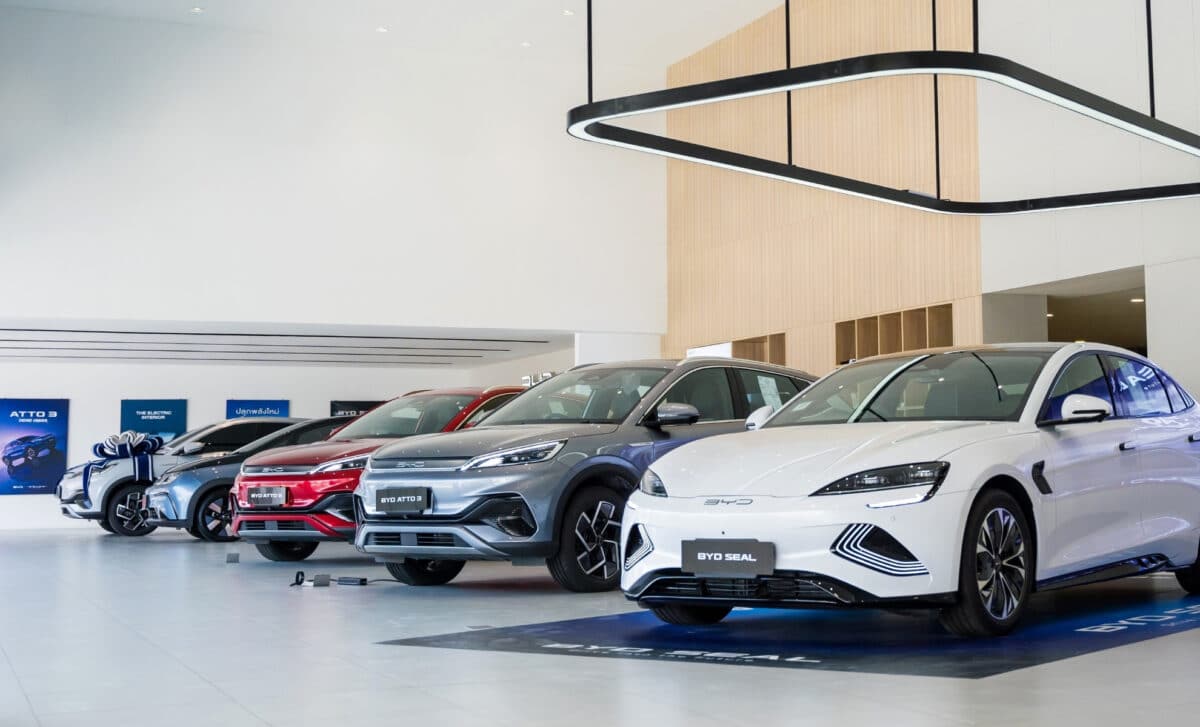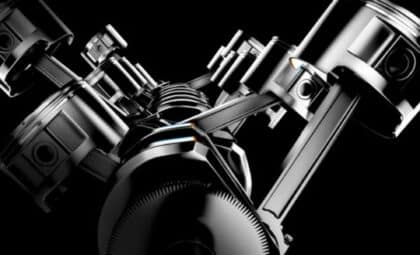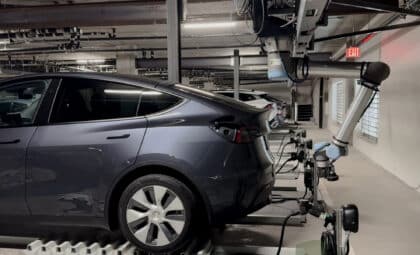Although steep tariffs and data security concerns still block Chinese automakers from entering the US market, their presence online—and abroad—is increasingly visible. As American consumers grow more familiar with these tech-driven brands, the idea of owning a Chinese car doesn’t feel as far-fetched as it once did.
This shift in perception is driven in part by rising media exposure. On TikTok, YouTube, and Facebook, short clips showcasing high-tech interiors, quick EV charging, and smart-driving features have gone viral. While Washington tightens regulations on foreign technology, American consumers are leaning in to learn more about what’s being offered elsewhere.
Awareness of Chinese Car Brands Is Rising Sharply
A recent study from AutoPacific shows that brand recognition among Americans is climbing fast. In 2024, just over half of US respondents had heard of at least one Chinese automaker. By 2025, that figure had risen to nearly two-thirds. The same study found that 52 percent of American respondents would consider purchasing a car from a Chinese brand—up from 41 percent the previous year.
This increase in awareness isn’t isolated to fringe car enthusiasts. According to Supercar Blondie, social media is filled with reactions to futuristic EVs and sleek sedans, especially from brands like BYD and Huawei. “Americans are watching videos of futuristic BYDs with five-minute EV chargers and ultra-smart Huawei sedans online, and wondering if they’re missing out on something big,” the outlet notes.
Although most Americans have never seen a BYD or a Xiaomi SU7 in person, the cars’ strong visual impact—combined with performance specs—has made them visible competitors in the global EV conversation.

Huawei, Xiaomi, and Byd Lead in Consumer Interest
Among the brands making the biggest impression on American consumers, Huawei stands out. According to AutoPacific’s data, 27 percent of Americans familiar with Huawei say they would consider buying a vehicle from the brand. Xiaomi comes in second at 23 percent, followed by BYD with 19 percent. Brands like Great Wall Motors, Geely, and Nio also appear on the radar, with support ranging from 13 to 16 percent.
These rankings are notable, considering none of these automakers have entered the US market officially. BYD, currently the largest EV manufacturer in the world, has already established itself in Europe, the Middle East, and Southeast Asia. Yet in the US, strict import tariffs—some exceeding 100 percent—and concerns over data privacy continue to act as roadblocks.
Still, this hasn’t stopped Chinese EVs from making a mark overseas. “The days when ‘Made in China’ meant cheap and basic are long gone,” reflecting how perceptions have evolved, even without physical availability in US dealerships.
Data Privacy Fears Are Fading but Still Present
While enthusiasm is growing, concerns remain. Security and privacy risks, especially regarding the software used in these vehicles, have long been a sticking point. Those concerns are beginning to ease. In 2024, around 80 percent of Americans expressed serious concern about data privacy and national security. By 2025, those figures had dropped slightly—down to 77 percent and 79 percent, respectively.
Robby DeGraff, a product and consumer insights analyst at AutoPacific, attributes this shift to increased visibility and familiarity. “We’ve seen awareness of various disruptors like BYD, Geely, Huawei, and Zeekr grow substantially year over year in our research,” DeGraff wrote in a statement, noting that more media coverage and personal engagement are shaping public sentiment, reports Autoblog.
Despite the drop, those numbers remain high, and US policy shows little sign of relaxing. The current administration continues to use trade restrictions and national security frameworks to keep Chinese automakers out, but that hasn’t stopped interest from bubbling up among consumers.









